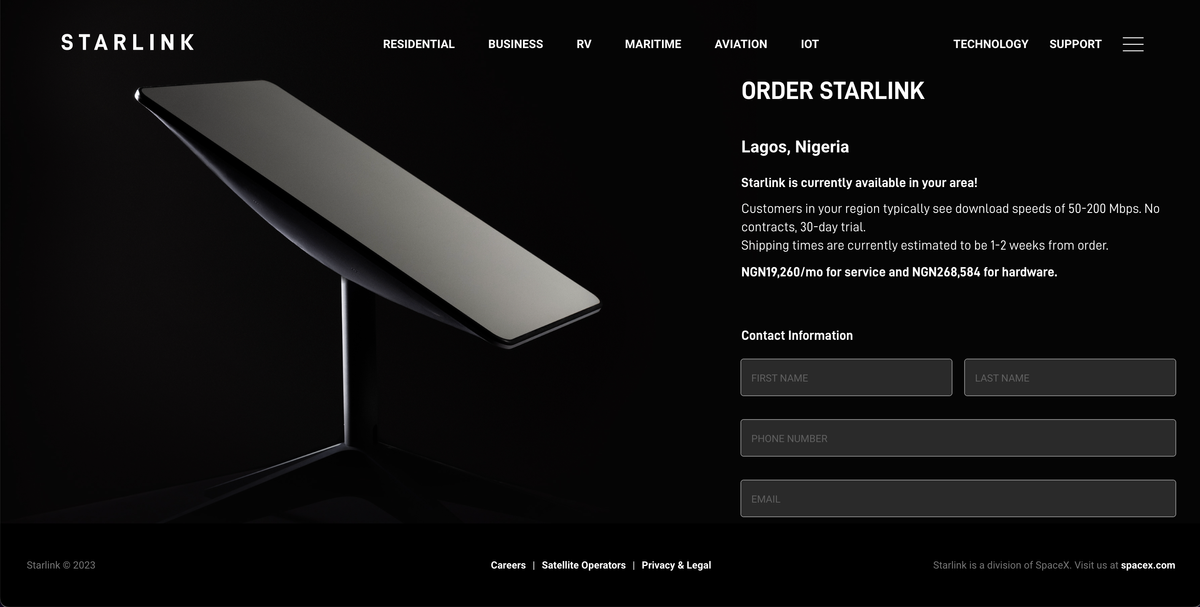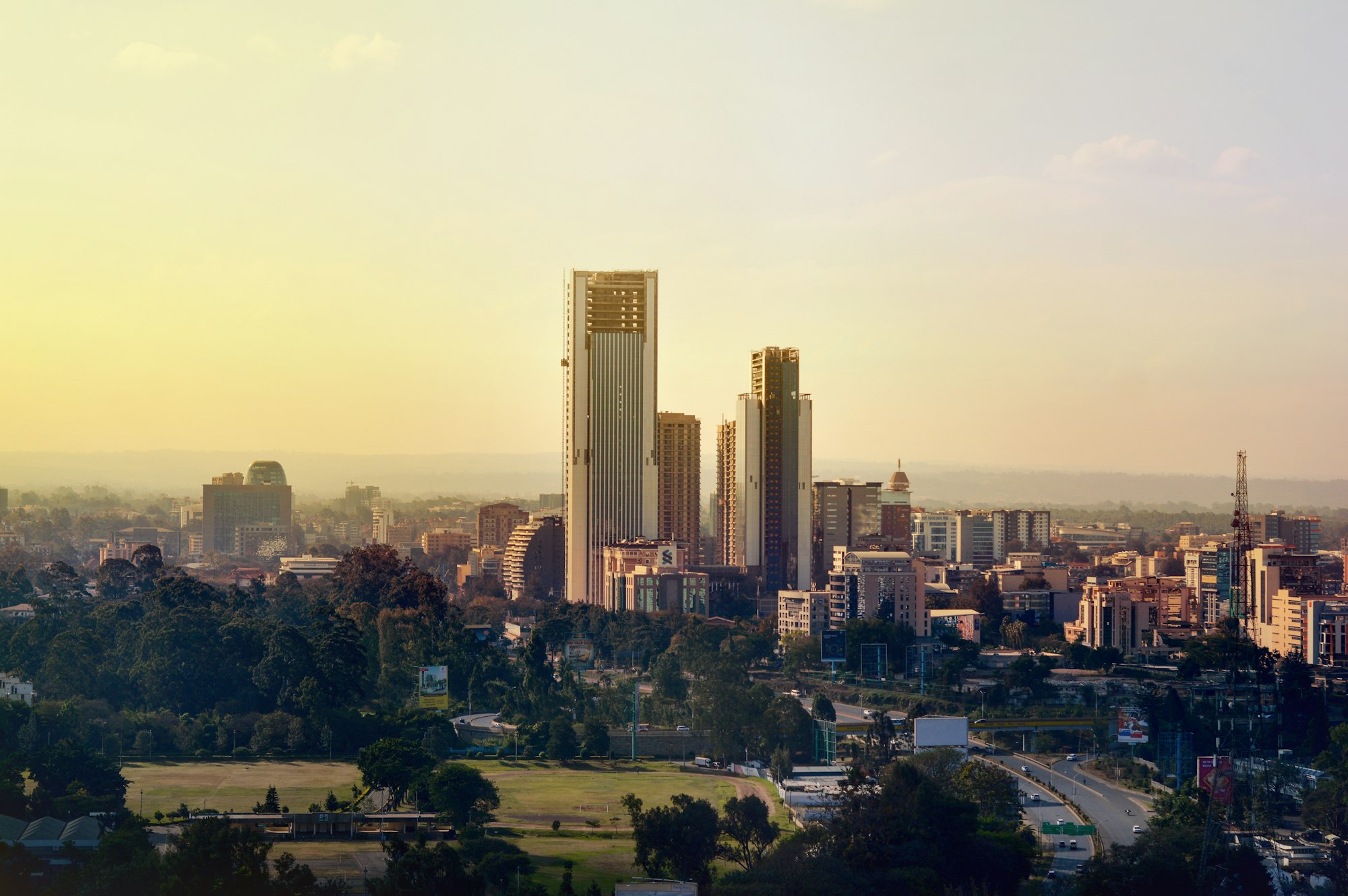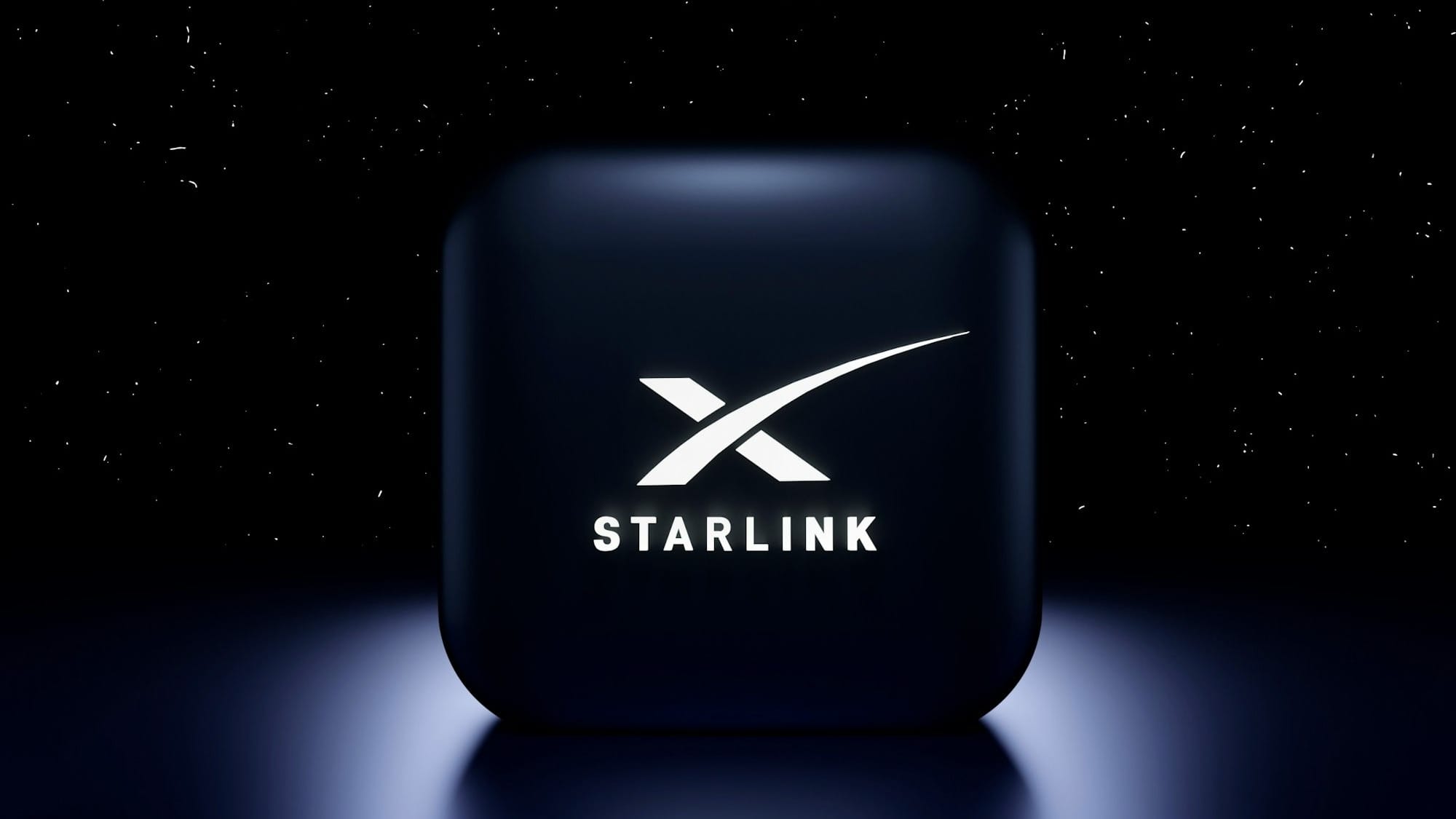Starlink Officially Operational in Ghana and Botswana
After months of regulatory issues and some back and forth, Starlink is now operational in Ghana and Botswana, expanding internet connection options for part of the continent at a time
Starlink's expansion into African countries has faced challenges, particularly in Ghana and Botswana. While the company operates in African countries like Nigeria, Kenya, Malawi, and Zambia, it encountered regulatory hurdles elsewhere.

In Ghana, the National Communication Authority initially banned Starlink devices, citing potential disruption to existing internet service providers.
However, after widespread internet outages exposed infrastructure limitations, the government reconsidered, recognizing the potential benefits of Starlink's satellite-based internet.
Botswana followed a similar pattern. The Botswana Communications Regulatory Authority (BOCRA) rejected Starlink's application in February 2024 and banned its devices. The situation changed after President Mokgweetsi Masisi met with Starlink executives in May, leading to BOCRA granting the company a license.
During the bans, Starlink announced that roaming customers would only be able to use its services in authorized areas, disconnecting those in unauthorized locations across Africa.
Starlink has now commenced operations in both Ghana and Botswana bringing its high-speed internet connectivity to the regions.
However, the expensive cost of its hardware continues to be a major hurdle. In Ghana, the standard plan costs GH₵770 ($49.20) per month with unlimited data, while the hardware is priced at GH₵5,390 ($344.40). In Botswana, the hardware costs BWP4,820 ($363.66), with a monthly subscription of BWP688 ($51.91).
This high price tag has raised concerns about the affordability of Starlink's services for rural dwellers, its target market. To address this, the company could consider implementing a rental system similar to its approach in Kenya.

For now, the satellite service continues to connect the dots across Africa's digital landscape, reaching 13 countries on the continent.
Meanwhile, Starlink continues to face challenges in other regions, especially South Africa, where it has not yet been approved. The company is struggling with local regulations, including a requirement for 30% black ownership equity.








